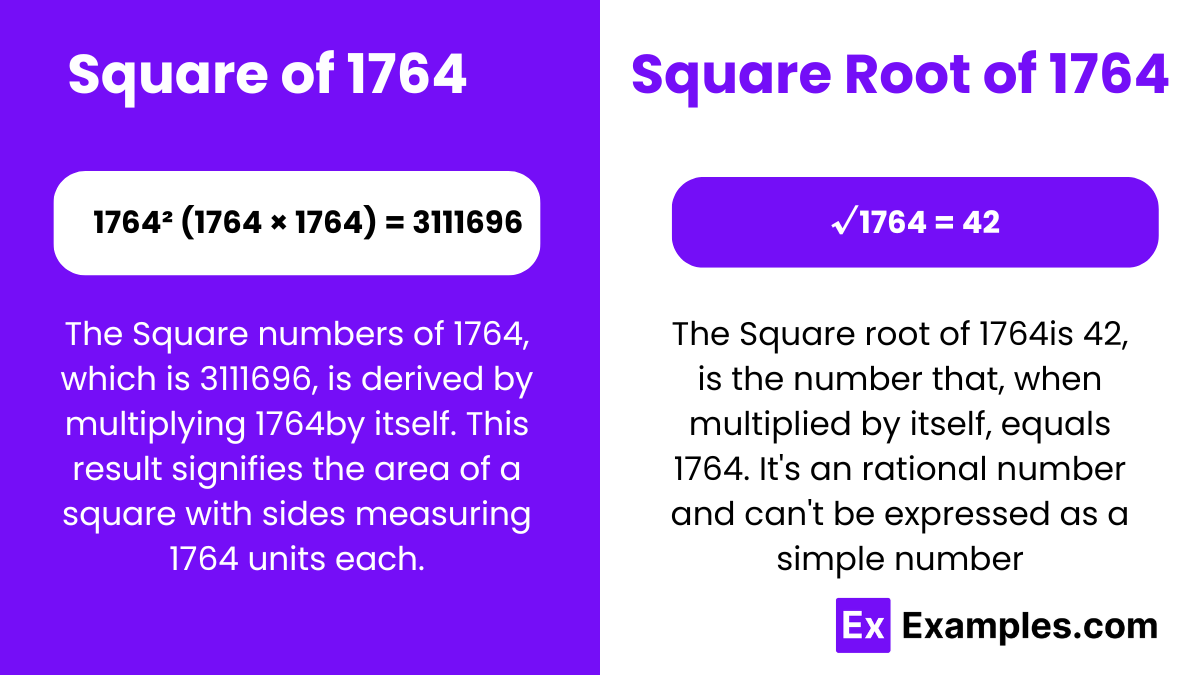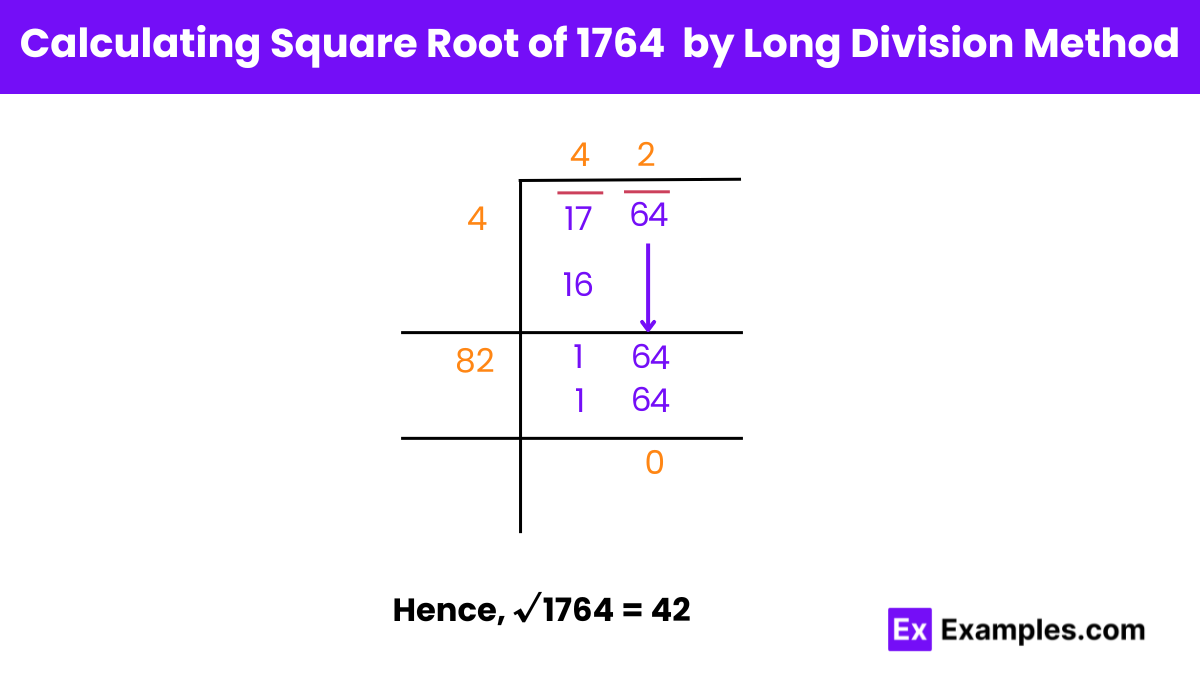What is the square of 1764?
3111696
3361996
3022561
3097600


In the realm of mathematics, specifically within algebraic studies, the foundational concepts of squares and square roots hold paramount importance. The process of squaring a number, exemplified by taking a number like 1764 and multiplying it by itself to yield a result of 3111696, is a fundamental operation. This operation serves as a cornerstone in investigating the properties inherent in both rational numbers (those expressible as a fraction of two integers) and irrational numbers (which defy expression as a neat fraction). A comprehension of these fundamental concepts serves to enrich one’s understanding of mathematical relationships and patterns.
The square number of 1764, a fundamental operation in mathematics, yields 3,111,696. This process involves multiplying the number by itself, showcasing the significance of squaring in algebraic exploration. It elucidates properties of both rational and irrational numbers, enhancing comprehension of mathematical patterns and relationships.
The square root of 1764, an essential concept in mathematics, is 42. This value represents the number that, when multiplied by itself, equals 1764. Understanding square roots is vital for grasping algebraic relationships and exploring the properties of numbers, both rational and irrational. It elucidates fundamental mathematical principles and aids in solving various problems across different domains.
Square Root of 1764: 42
Exponential Form: 1764^½ or 1764^0.5
Radical Form: √1764
The square root of 1764, which is 42, is a rational number. A rational number is one that can be expressed as a fraction of two integers, and since 42 can be represented as 42/1, it fits this definition. Unlike irrational numbers, rational numbers terminate or repeat in decimal form, making them distinct within the realm of mathematics.
A rational number is any number expressible as a fraction of two integers.
Examples : 3/4 or -5/2
An irrational number cannot be expressed as a fraction of two integers and its decimal expansion neither terminates nor repeats.
Examples : √2, which is approximately 1.41421356…, is irrational.
There are several methods to find the square root of 1764:

Forming Pairs: 17 and 64 We start by forming pairs from the number 1764. The pairs formed are 17 and 64.
Finding the Initial Digit Y (4) To find the initial digit Y such that its square is less than or equal to 17, we determine that Y = 4.
Initial Division: 17 divided by Y (4) We divide 17 by 4, which gives us a quotient of 4.
New Dividend: 164 After dividing, we bring down the next pair, 64, to the right of the remainder 1, forming the new dividend 164.
Finding Digit Z (2) To find the next digit Z such that the product of (8Z) and Z is less than or equal to 164, we determine that Z = 2.
New Divisor: 82 We combine the last digit of the quotient (4) with the newly found digit Z (2) to form the new divisor 82.
Further Division: 164 divided by 82 We divide 164 by the new divisor 82, resulting in a quotient of 2 and a remainder of 0.
Stopping the Process Since the remainder is now 0 and there are no more digits to bring down, we conclude the long division process.
Final Result: Square Root of 1764 Thus, the square root of 1764, found by the long division method, is 42.
Yes, 1764 is a perfect square. Its square root is 42. A perfect square is a number that can be expressed as the product of an integer multiplied by itself. In this case, 42 × 42 equals 1764, confirming that 1764 is indeed a perfect square.
The factors of 1764 are 2 × 2 × 3 × 3 × 7 × 7. Simplifying these factors yields 42, making the correct option (d) “42”.
The highest common factor (HCF) of 1764 is 42. This is because 1764 can be expressed as the product of its prime factors, and 42 is the greatest common factor among them.
The number squared to equal 1764 is 42. In mathematical terms, (42² = 1764).
Text prompt
Add Tone
10 Examples of Public speaking
20 Examples of Gas lighting
What is the square of 1764?
3111696
3361996
3022561
3097600
What is the square root of 1764?
44
43
42
41
Which of the following equations is correct for 1764?
41²
42²
43²
44²
If the square root of a number is 42, what is the number?
1760
1761
1762
1764
Identify the perfect square.
1600
1681
1849
1764
What is the value of 42²?
1740
1764
1784
1800
Which number, when squared, equals 1764?
40
41
42
43
Calculate the square of 42.
1764
1849
1600
1681
The square root of which number is 42?
1681
1764
1849
1600
Which of the following is a perfect square?
1700
1764
1800
1900
Before you leave, take our quick quiz to enhance your learning!

